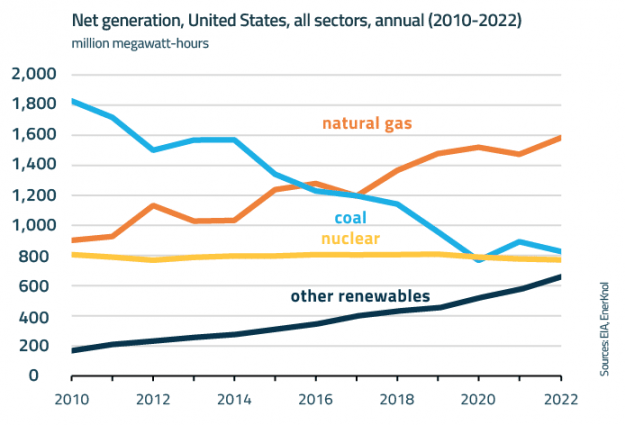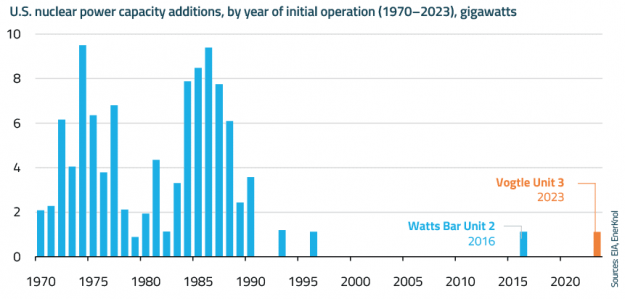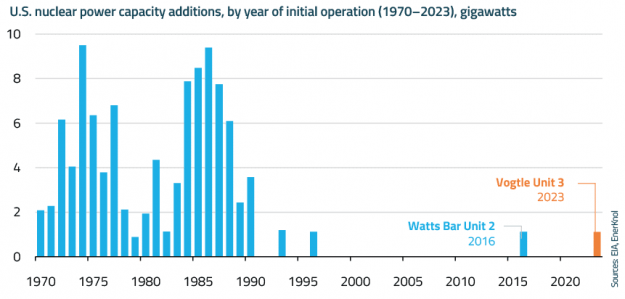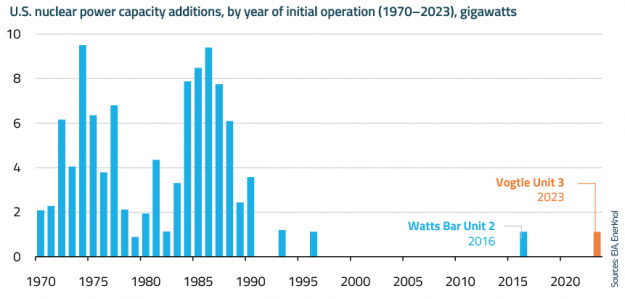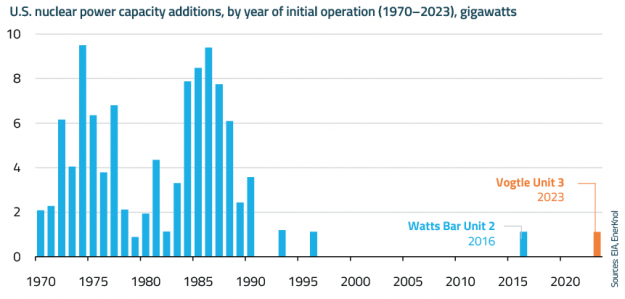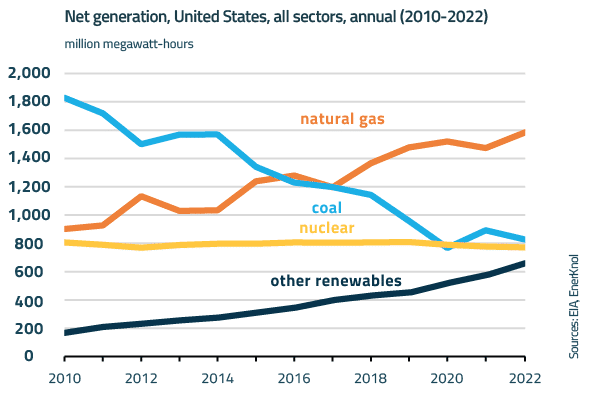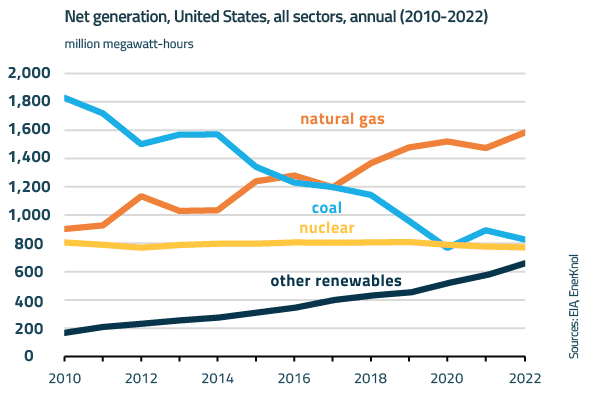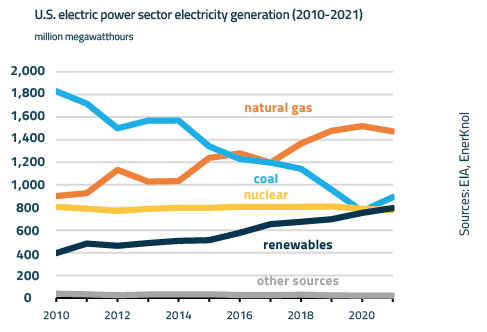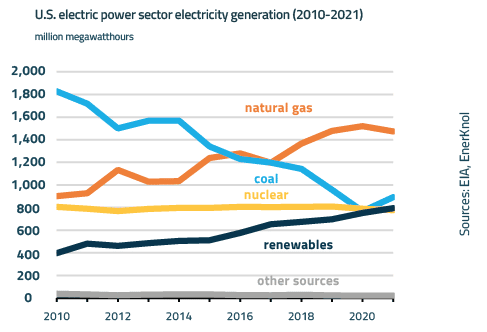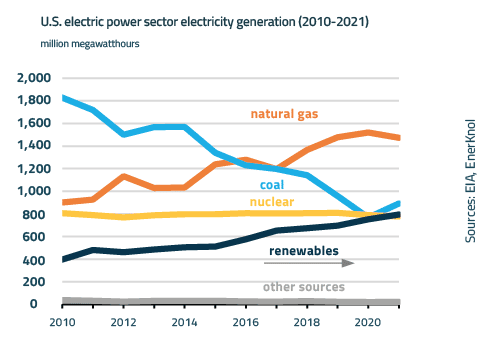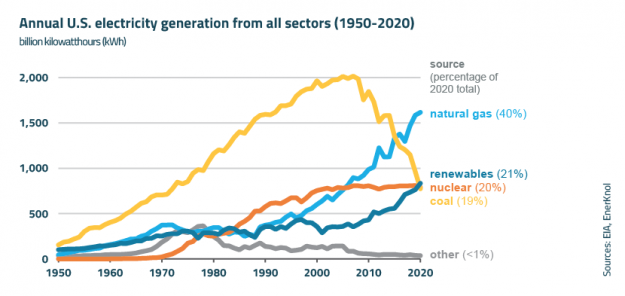U.S. Nuclear Energy Landscape Poised for Change Amid Evolving Policies and Regulations
Recent policy developments in the U.S. nuclear power industry indicate a growing recognition of the carbon-free nature of nuclear energy to support the energy transition. With Congress considering nuclear energy reforms, the Nuclear Regulatory Commission (NRC) proposing rules for…Read the full report…...
